Barcelona has been named the Smartest City in the world for 2015, according to a February publication by the research house, Juniper Research. The list ranks cities across a combination of “smart” capabilities, emphasizing those with smart grids, smart traffic, smart lighting, and also other aspects as social cohesion and technological capabilities. Smart City Barcelona came out first, beating out New York, Singapore, Rio de Janeiro and London. Regardless of whether or not you agree with the results, Barcelona definitely gets an “A” for effort for its dedication over the past decade to making the city “smarter” with technological advancements and fostering a collaborative environment for businesses to succeed in Smart City innovations.
One core factor of the Smart Cities concept is that governments can’t do everything on their own – rather, they rely on enabling local innovators to improve the efficiency of the city, better the quality of life of its citizens, and ultimately create a better economy. The Barcelona City Government has been putting a strong bet on becoming the global leader in the Smart Cities Sector. Besides placing a high priority on becoming a smarter city, collaborating with multi-national companies to this end, and hosting the annual Smart City Congress, Barcelona has also been promoting the startup sector to rise up to the occasion. The city has over 22 ongoing programs of public-private collaboration, many of which are with small enterprises, most notably in the strategic areas of traffic reduction and waste collection.
To foster an environment of innovation from the private sector, the city has made several powerful tools available to the public. In addition to financial support, open data initiatives particularly encourage Barcelona startups to create new functionalities for its citizens. Projects developed from this include CityBikes, which tells you where bikes are available in Barcelona’s Bicing bike share program, and ApparkB, which helps you find parking spots in the city and allows you to pay via mobile.
Barcelona is also working on building a Smart City Campus at the 22@ co-working space in Poble Nou. This is done with the investment and collaboration pledge from corporations Scheinder, CISCO, Agbar, and Abertis, with an estimated completion date of summer of 2016. The campus will house corporations, innovators, universities, researchers, and entrepreneurs to create an ecosystem to lead in smart city solutions. With the city government leading the way in innovation, the private sector and investments follow. This year, Startupbootcamp Berlin pivoted into a Smart Cities Accelerator program to incubate the next-generation of global Smart City startups.
Barcinno has put together a handy infographic on the Smart City Sector on a global scale that zeroes in on Barcelona. For those interested in learning more or getting involved in Smart Cities ecosystem in Barcelona, we have a resource list for you at the end of this article. Please send us the names of organizations we missed.
(click on the image to enlarge)
Barcelona Smart Cities Influencers
Key Players
Barcelona Smart City – Ajuntament de Barcelona (government)
Smart City Campus – 22@ (working space)
CISCO (corporation)
m2m Telefónica (corporation)
Schneider Electric (corporation)
Universitat Politècnic de Catalunya (academic)
Smart City World Expo (event)
Startups
Other Key Influencers
Agbar (corporation)
Abertis (corporation)
Worldsensing (private sector)
iCity Project (EU)
Startupbootcamp (accelerator)
GrowSmarter (EU)
FrontierCities (accelerator)
Anteverti (consultancy)
Smart City Business Institute (business community)
Garrigues (law firm)

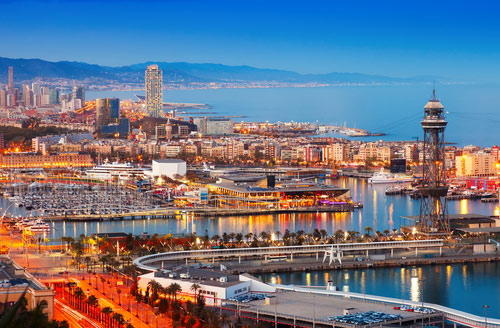
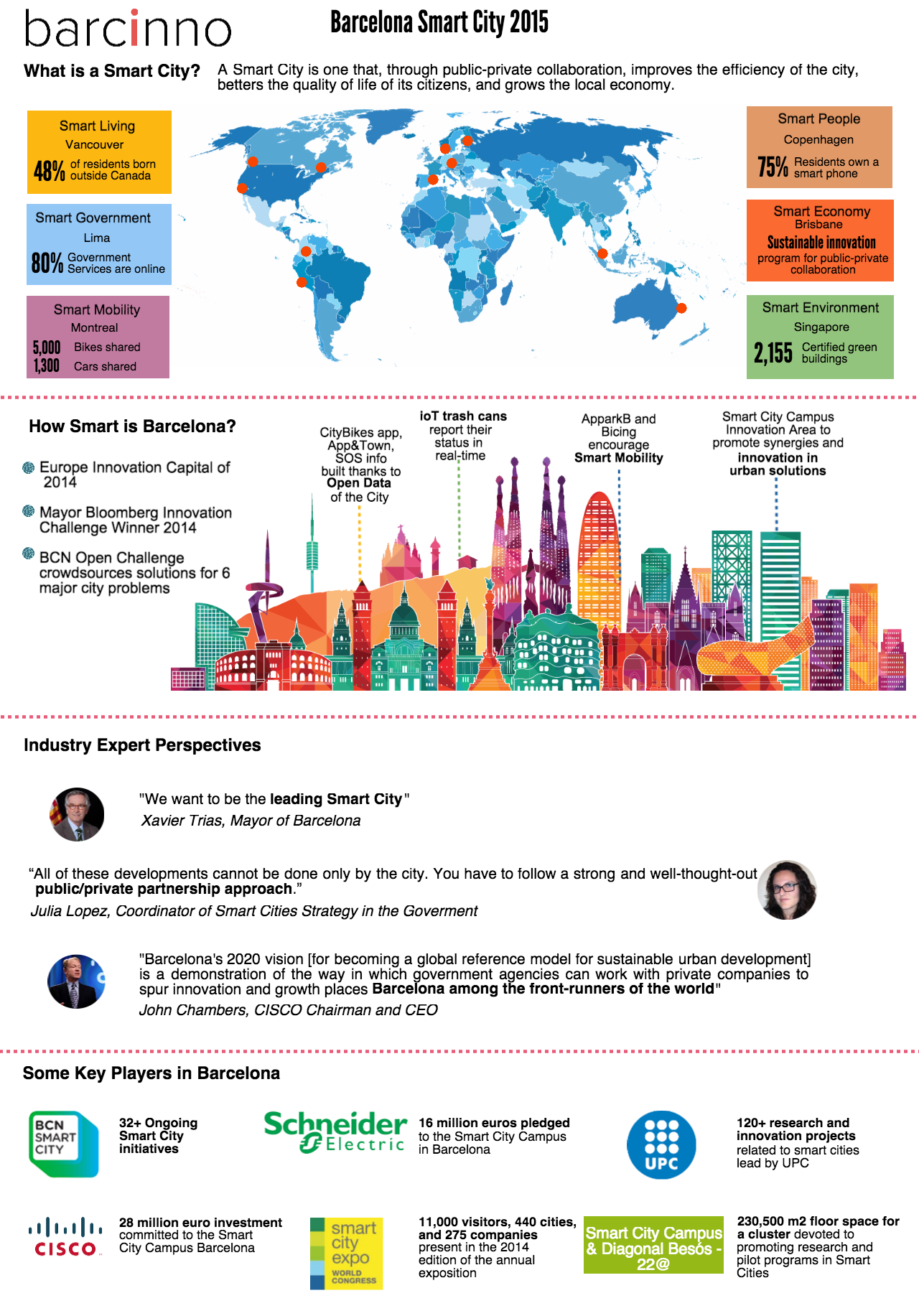

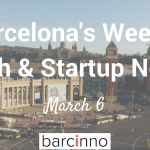
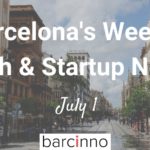

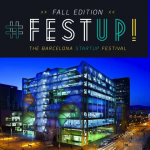

[…] is a leading SmartCity – what does that mean, you say? Find out here in this epic infographic Barcinno made. Not to mention, that Barcelona is home of the Mobile World Congress. Annnd most […]